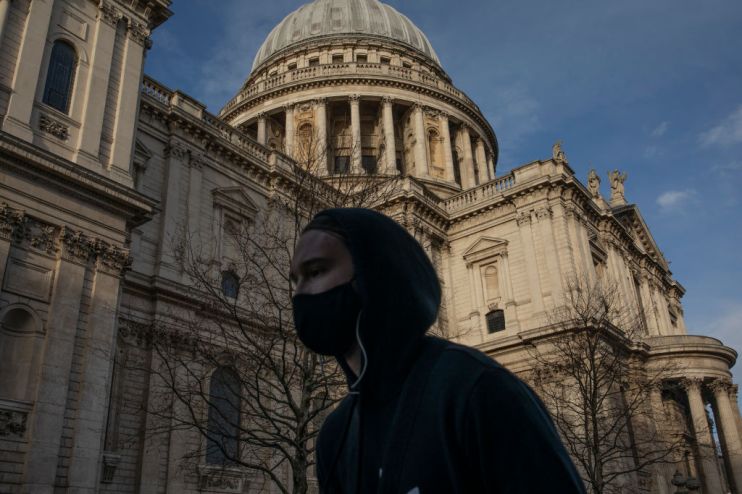Job vacancies mark biggest drop on record in ‘year like no other’ during pandemic

Job vacancies saw a bigger drop last year than in the aftermath of the 2008 financial crash, in a “year like no other” during the pandemic, according to the Office for National Statistics (ONS).
The number of jobs up for grabs in the UK plunged 57 per cent to a record low of 343,000 in the quarter between October and December 2019 to April and June last year.
The steep fall eclipsed the plummet in job vacancies seen in the wake of the last financial crisis, when the number of available jobs fell 38 per cent to a low of 432,000 in June 2009.
Job vacancies have since recovered slightly to 590,000 in December 2020, but are still 26 per cent lower than the year before.
Meanwhile, the average number of hours worked fell 6.4 per cent between April and June last year compared to the year before. The sharp drop was driven by the government’s introduction of the furlough scheme which has seen millions of people kept away from work.
More than 11.2m people across the country have been enrolled on the furlough scheme at some point during the pandemic, with around 4.7m people still receiving payments via the scheme at the last count on 31 January.
Businesses in the accommodation and food industries marked the biggest decline in both job vacancies and the average number of hours worked, with pubs, restaurants, bars and hotels forced to shutter on-and-off for almost a year.
The figures form part of a special report from the ONS reflecting on the impact of the pandemic in “a year like no other”.
“From deaths and the pressure on hospitals, to the number of hours worked and people’s expectations of rising unemployment, we can see how the remarkable figures recorded over the past 12 months compare with others and made this a year like no other,” the ONS said.
The value of UK exports, excluding precious metals, fell by 22.5 per cent from £170.4bn in the three months ending July 2019 to £132.1bn in the same three months of 2020. The value of imports shrank 26.1 per cent during the pandemic, from £176.8bn to £130.7bn.
The figures also outweighed the impact on trade during the financial crisis, when the value of exports fell 8.8 per cent and the value of imports shed 12.2 per cent in the three months to July 2009 compared with the same three months of 2008.
The pandemic also drove an increase in house prices at the same time that the UK economy shrank to its smallest output in more than 300 years, the report added. The average UK house price reached a record high of £252,000 during the pandemic, after prices increased 8.5 per cent last year.
The report also showed that more deaths were caused by Covid-19 in 2020 than have been attributed to an infectious disease in any single year for more than a century.
More than 73,500 people died in England and Wales last year with coronavirus recorded as the underlying cause on their death certificate.
However, the true scale of coronavirus-related deaths is likely to be much higher, according to the ONS. In total, more than 140,000 people have died in the UK with Covid-19 mentioned as either the underlying or a contributory cause on their death certificates.